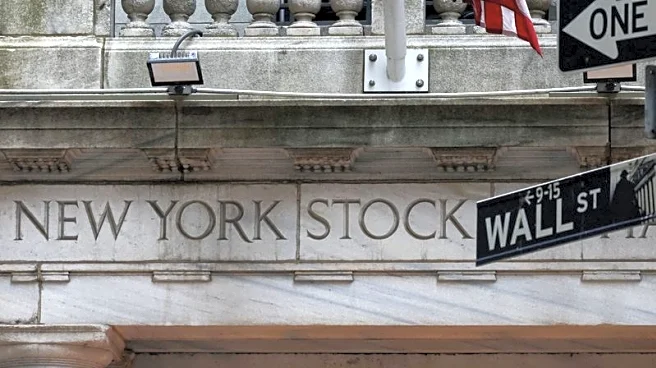(Reuters) -U.S. investors returning from Labor Day break on Tuesday were hit with fresh uncertainty in trade policy after a federal appeals court ruled most of President Donald Trump's sweeping tariffs
illegal.
The court allowed the tariffs to remain in place through October 14 to give the Trump administration a chance to file an appeal with the U.S. Supreme Court.
Most market participants said they were in a wait-and-watch mode for now, as the case is expected to head to the U.S. Supreme Court, but the brewing uncertainty adds to markets' list of worries, including concerns around the Federal Reserve's independence and increasing risks of U.S. stagflation.
Wall Street's main indexes fell about 1% on Tuesday, while longer-dated U.S. Treasury bond yields jumped on fiscal worries.
Trump's steep tariffs on trading partners triggered market volatility in early April, but clearer tariff guidance and hopes of rate cuts have since helped push stocks back toward record highs.
"It's nothing we're trading off of. We've just got to let it play out," said Jim Baird, chief investment officer at Plante Moran Financial Advisors.
"What it will mean in the near term remains to be seen. How will our trade partners react to that? How quickly will this make its way through the Supreme Court now? Lots of questions, not a lot of answers."
Treasury Secretary Scott Bessent said on Monday he was confident the Supreme Court would uphold Trump's use of emergency powers to impose broad tariffs, but said the administration has a backup plan if it does not.
"Tariffs are a core belief of the current administration and we think it makes sense to assume that tariffs, one way or another, are likely to remain a part of the US equity market backdrop for the foreseeable future," RBC's Head of U.S. Equity Strategy Lori Calvasina said in a note.
(Reporting by Johann M Cherian, Shashwat Chauhan and Medha Singh in Bengaluru; Editing by Shinjini Ganguli)










